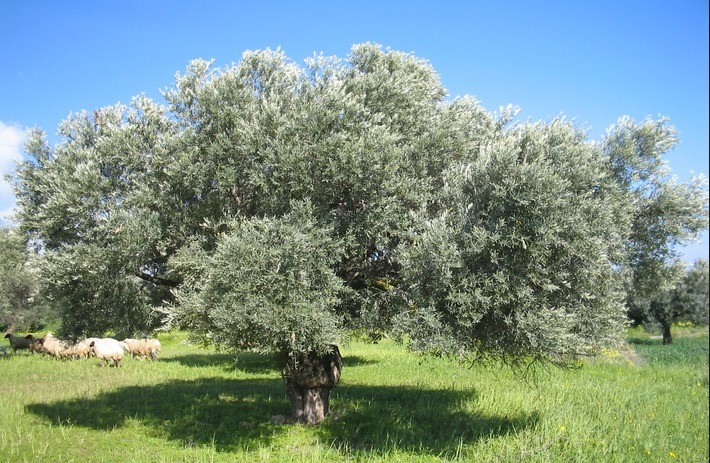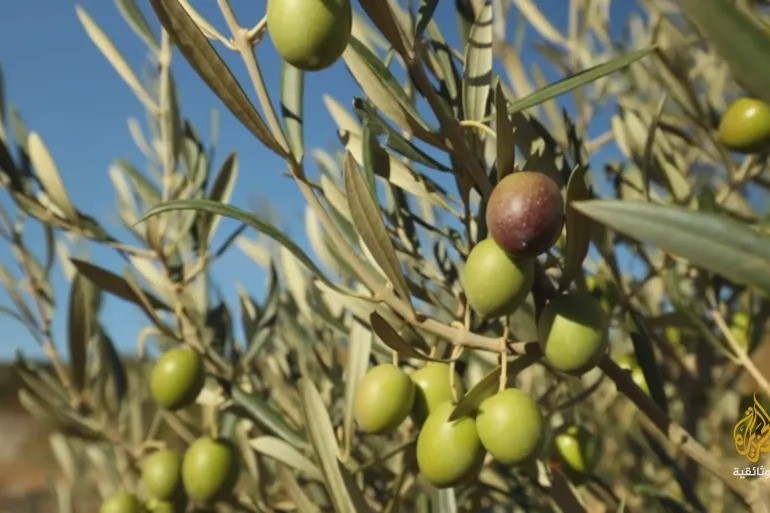The thirtieth Conference of the Parties (COP30) is currently being held in Brazil, at a global moment marked by accelerating climate disruption and growing pressures on the world’s most vulnerable countries. As world leaders gather in Belém to discuss the planet’s future, Jordan this year offers a tangible and sobering example of what climate change truly means for resource-limited nations.
اضافة اعلان
The 2025 olive season has witnessed an unprecedented decline in production, according to official figures. By early November, olive oil output had reached only 1,419 tons, representing a 44.2% decrease compared to the average of previous seasons between 2012 and 2025.
This sharp drop cannot be understood as a passing agricultural crisis, but rather as direct evidence of the accelerating impacts of climate change. The olive tree, long a symbol of endurance and adaptation, now struggles under rising temperatures, fewer chilling hours, insufficient rainfall, and recurring droughts. Combined, these factors have driven thousands of farmers, especially small and medium landholders, into real financial losses, depriving many rural families of a crucial seasonal income.
What Jordan is experiencing today embodies the essence of climate justice. The countries least responsible for carbon emissions, including Jordan, are among the most exposed to extreme climate consequences. Farmers who have no role in causing this crisis are the first to pay its price: lower yields, higher costs, and increasing water scarcity. Official plans indicate that per-capita water availability in Jordan has fallen to around 60 cubic meters annually, placing the country among the most water-stressed in the world.
Against this backdrop, the convening of COP30 represents a vital political opportunity to amplify the voices of affected nations and to emphasize that confronting climate change is not merely an environmental obligation but a global responsibility. Addressing it requires tangible financial and technical support for countries that bear the heaviest burdens despite their minimal contribution to the crisis.
Linking Jordan’s olive season to the broader international landscape underscores that the plight of farmers is not an isolated national incident. It is part of a worldwide challenge where agriculture, water, poverty, renewable energy, and environmental governance intersect.
These developments also coincide with Jordan’s preparation of its Third Nationally Determined Contributions (NDC3), expected to be submitted by mid-next year. This strategic document will outline Jordan’s roadmap for reducing emissions and adapting to climate impacts, particularly in the water and agriculture sectors. The 2025 olive season should therefore serve as a wake-up call to rethink adaptation priorities, expanding investment in rainwater harvesting, efficient irrigation, drought-resistant crops, agricultural insurance, and economic policies that protect farmers from recurring seasonal losses.
The gathering of world leaders in Brazil must become a moment of reckoning. What is needed is not new promises but concrete action, real funding to help affected countries, urgent measures to slow the pace of climate change, and a global transition to a low-carbon economy that does not reproduce climate injustice but instead confronts it.


Ultimately, Jordan’s olive season is more than a seasonal statistic, it is living evidence of an increasingly fragile future and a message that should echo through the halls of COP30: climate justice is no longer a topic for debate but an existential necessity to safeguard lives, resources, and the future of humanity.









